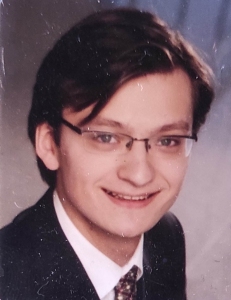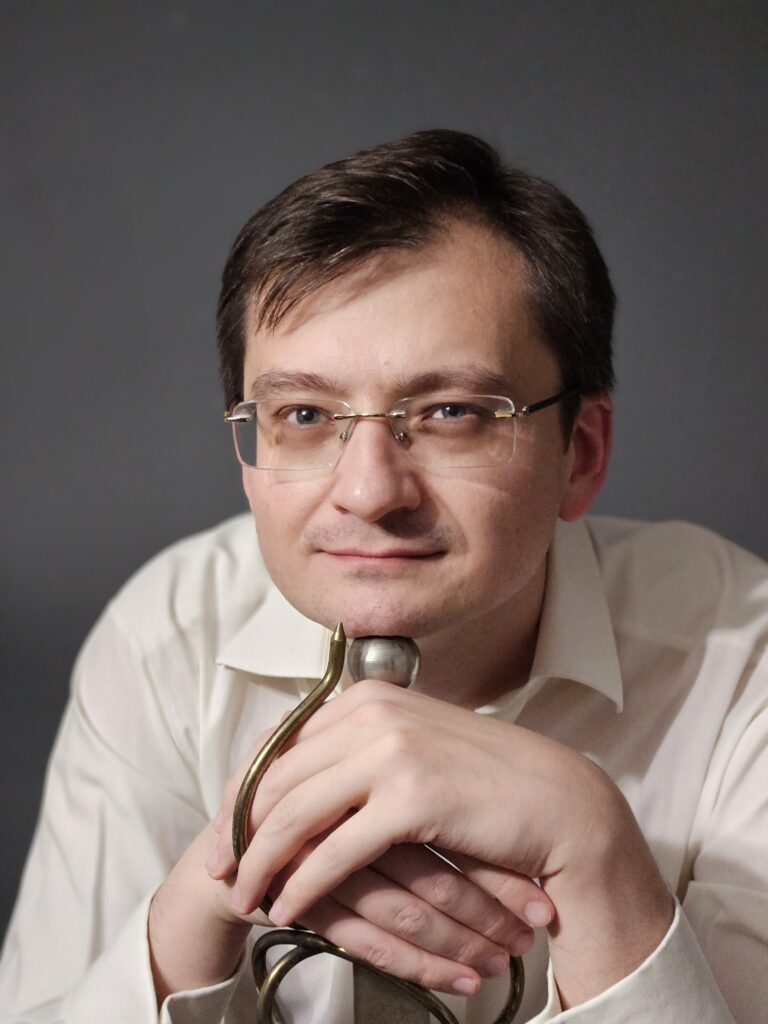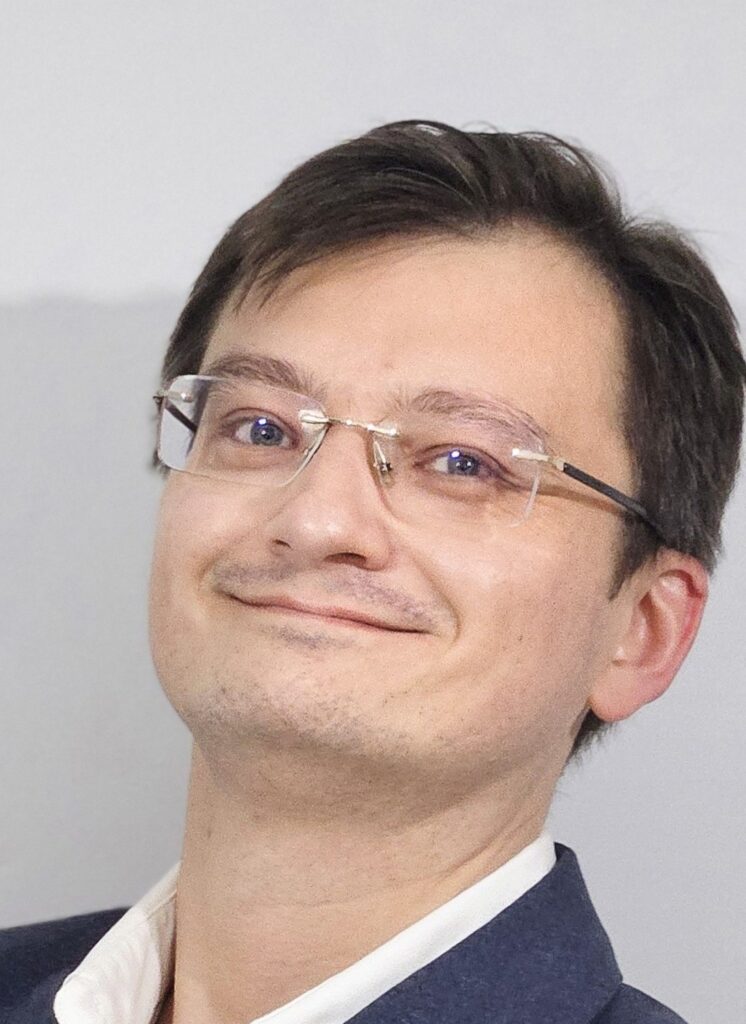Curriculum Vitae
Education
University of Warsaw, Faculty of Law and Administration:
2016–2017; 2018–2019 British Law Centre
British Law Centre — School of English and European Law — came to life in 1992 as the collaborative project of the Universities of Warsaw and Cambridge, eventually spreading throughout Poland and beyond. Lectures, classes and seminars are taught in English by visiting staff from the University of Cambridge, which also supervises the grading of the essays (naturally, also in English). I earned Merit, and my highest individual scores were in intellectual-property law, constitutional law and the law of contracts. I look back fondly at the moot court in which I managed to convince the jury to grant an acquittal to a client whose guilt or innocence was very much in doubt but doubt was all that was needed, which was exactly what I told them.
2008–2009 Center for American Law Studies
Center for American Law Studies — School of American Law — originated in 1998 as a collaborative effort of the University of Warsaw Faculty of Law and University of Florida Levin College of Law. Unlike the British Law Centre, the Center for American Law Studies delivers — in the American variety of the language — an intense series of lectures in about ten subjects, with examinations and works (including mediation and negotiation, of which I have fond memories, as they taught me a bit of a new outlook on life). The exact list of subjects included Constitutional Law, Contracts, Torts, Business Organizations, Environment, Taxation, Alternative Dispute Resolution, and Legal Writing. My overall grade was Very Good, with the highest partial grades (A+) in Business Organizations and Legal Writing.
2007–2013 Ph.D. programme
Old-school doctoral studies, known already then as ‘third-cycle studies’, involving numerous open lectures in all fields of law, often in English, as well as seminars and either philosophy or economy (I chose philosophy). I completed the studies without, however, submitting the dissertation, which was on in dubio pro reo — the continental tradition reflecting the common-law doctrine of ‘beyond a reasonable doubt’ (benefit of the doubt as a case solver rather than an evidentiary standard, to be precise). My dream is to revisit this at some point in the future.
2002–2007 master's studies
Traditional five-year law-school programme, typically considered to be M.A.-level, although some insist on rendering this as LLM (typically reserved for a master’s-after-master’s advanced master’s degree) or even MJur. The safest way would be to consider this on par with an M.A. (without prior conferral of a bachelor’s degree) in jurisprudence, but that’s slightly unfair considering this is the standard qualifying degree in Poland and countries operating a similar system.
In any case, I focused on court and administrative procedures, as well as historical and cultural subjects, including Roman law and Catholic canon law (which remained an interest for many years after, at least with regard to marriage cases), even Catholic social teaching. The first two years I largely spent on the other side of the street, listening to lectures and classes in the antiquities alongside my former classmates from the pre-university level, many of whom went on to study classics after all the Latin and Greek. It was already during the studies that I first considered becoming a legal translator rather than a lawyer.
University of Warsaw, Neo-Philological Faculty, Institute of Applied Linguistics
2010–2011 Interdisciplinary Postgraduate Studies in Translation and Interpreting
IPSKT — after-master’s studies for prospective sworn translators, mandatory until 2011 (the exact year I finished the course) for candidates not holding a translation degree in the specific language, typically graduates of translation studies in other languages, those with teaching degrees in language studies, and a few lawyers without language degrees. The curriculum was highly focused on practical workshops.
Mikołaj Rej 11th Lyceum in Warsaw
1998–2002 classics
The last tier of education below university, this was an old-school classical ‘profile’, with four languages, two of them dead, (Latin, Greek, English and French), as well as a modified base curriculum of Polish studies and history, with a unique subject literally called ‘culture of the antiquity’ thrown in for good measure. In the finals, I placed second of the whole year (about 150 students).
Accreditations
Sworn Translator (2013)
Following a rigorous bidirectional state examination (both Polish-English and English-Polish) under the auspices of Polish Ministry of Justice, I was appointed a sworn translator by an individual administrative decision of the Minister of Justice and enrolled on the list you can find at the Ministry’s website. You can thus be sure that you are dealing with a trusted professional who comes vetted by Polish authorities.
Being a sworn translator means I am authorized to translate and interpret (though I almost never interpret and avoid it like the plague) for the courts, the government and local governments (and all manner of public authorities in proceedings under statutory authority), and before notaries, and I can certify (essentially notarize) my own translations and those done by others. Polish certified translations done by sworn translators occasionally serve as a convenient workaround in countries in which the institution of a sworn or public translator does not exist. In any case, the certification — done by a qualified professional acting under statutory authority — adds some official credibility to the translation.
Członkostwa
TEPIS — Polish Society of Sworn and Specialized Translators and Interpreters
For many years now, I have had the pleasure of being a member of TEPIS, which in turn is a corporate member of global professional organizations such as FIT and Eulita. My current membership level is full, i.e. ‘ordinary’, as opposed to associate. This required me to prove 10 years of practice, which was accepted by the Society’s qualification board. This should increase your confidence that you are dealing with a verified professional and not a random person off the Internet.
Praca zawodowa
od 2009 — freelance translator
I hanged out the single as a translator in February 2009 and in March 2010 registered the one-man firm (sole-tradership, sole-prop) of which this is the website. You can find out more about what I do on the relevant pages.
sporadically — lecturer
Especially in the earlier years of my translation career, I sometimes delivered lectures and workshops in (applied) translation and in Polish law in English. This is something I could at some point see myself doing again.
2008 (March–December) — Salans, (Junior) Associate, Litigation & Arbitration
As my second employment after graduation from law school, I was a rookie associate with the Warsaw Office of what was then Salans (and has by now merged into Dentons), more precisely its Litigation & Arbitration department. We largely worked in English, and my duties included a fair deal of translation management. To Salans, I owe the opportunity to attend the Centre for American Law Studies, for which I will always be grateful.
2007–2008 Rymar i Wspólnicy Sp.K., Trainee, Lawyer
As my first job after graduation, I worked at the boutique firm of Rymar i Wspólnicy Sp.K. — my first baby steps in the legal profession, or so I thought. This involved some cases management and a lot of research and drafting, as well as some translation. Already at that point, I considered changing professions but would work for another law firm as an associate for three quarters of a year before the change eventually happened.
2004–2010 Teacher of English and Latin
While studying at university and for several years after graduation, I taught English and Latin to individuals and, rarely, groups.
2004–2010 Internet newsman, webmaster, coder, administrator, moderator, operator and more (non-profit)
These were not proper employment, but in my young years, I spent some time functioning as a gaming journalist, writing the news, interviewing game developers and reviewing some fan mods on what was a fairly large gaming portal dedicated to cRPG (computer role-playing games), hitting 10,000 unique visitors daily at some point. The other roles (admin, mod, webmaster) were also on gaming websites. As a professional translator, I have also been involved in the administration or moderation of professional communities on a smaller scale. And I made websites.
Achievements
good client reviews and solid reputation in the profession
I do not have the typical achievements of a manager or expert advisor such as increased revenues by a factor of x, cut the unnecessary spending by a factor of z, or took a company through this or that milestone. My achievements — and a source of satisfaction to me — are the testimonials given to me by my clients, including a fair deal of translators more experienced than myself, thus in a unique position to judge the strengths and weakness of a translation. You could call me the translator’s translator, with much of my work coming from fellow professionals and many of my clients coming to me on the recommendation of a fellow translation professional rather than a prior client.
surviving crises and tribulations
My solo practice was founded in a time of crisis and has survived several more. It was not brought down even by the coincidental loss of almost all my major clients one year in the last decade, nor by the advent and advancement of machine translation. So far, I manage to survive AI too. Whoever knows the translation ‘industry’, knows that the very survival in this red ocean is already no small feat, especially if — like me — you don’t outsource as a middleman, don’t use MT or AI or cheap subcontractors. At present, this is largely owed to discerning and careful clients who don’t give in to the AI craze.




